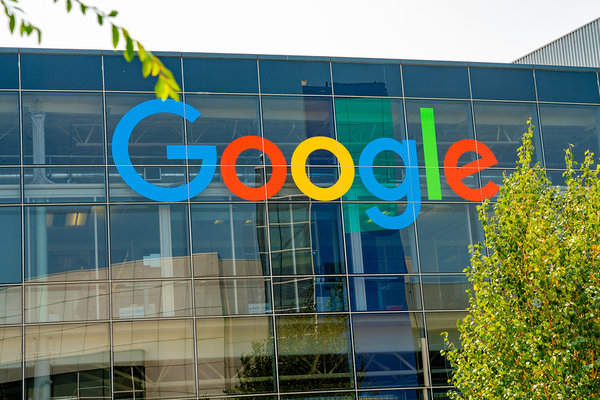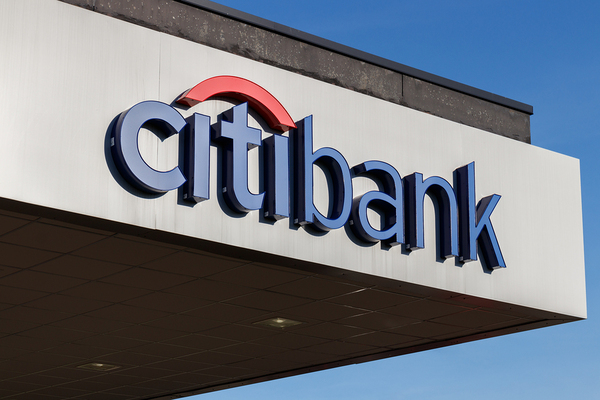View Sale Announcement Detail


Archived news
EXCERPT: Two mega giants in the banking and tech world - Citigroup and Google - are partnering up to give consumers a more Google-like user experience while doing their banking. But how will this affect banking going forward?
 Google is planning to partner with Citigroup to offer its new Google checking account to consumers.
Google is planning to partner with Citigroup to offer its new Google checking account to consumers.
Banks and fintech partnerships have become a big deal in the world of finance, and teaming up with a search engine platform is something that the banking realm may be seeing more of.
Google is an internet powerhouse, with as many as 3.5 billion Google searches made every day around the world. But the search engine giant is no longer just focused on providing an online platform for people to find what they want and need. The company has recently expanded its reach to tap into the world of mobile devices, laptops and computers, and smart home technology.
Not only that, but the company is now setting its sights on the financial world. In addition to Google Pay - a digital wallet platform and payment system - Google is also looking to partner with big banks.
Google to Partner With Citigroup
Google is looking to partner with Citigroup and Stanford Federal Credit Union to create checking accounts through a project known as Cache, which is slated to launch to the public in 2020. The new Google checking account will look and feel just like a typical Citibank account.
And this might not be the only venture in the banking realm that Google is considering. According to Google representatives, the company is considering adding more banks in the future and may be looking to work more intricately with the financial industry to both offer innovative products and services to consumers while taking advantage of the scale and client base that legacy banks have. For Citi, the partnership may help the bank expand its customer base.
 Citigroup's partnership with Google is only one of many others that have recently taken place.
Citigroup's partnership with Google is only one of many others that have recently taken place.
Consumers are also poised to benefit from such partnerships, giving them the option to tap into banking products and services that meet their growing digital needs while still allowing them to benefit from the safety and fundamentals of traditional banking. Customers will have useful tools at their disposal while still being able to keep their money in FDIC or NCUA-insured bank accounts.
Of course, this isn't the first time that traditional banks have partnered with companies outside the banking industry in an effort to grow their deposits and loan portfolios. Goldman Sachs recently teamed up with Apple on a credit card, allowing cardholders to set spending goals and keep tabs on purchase rewards. Other banks have also taken part in similar arrangements, including the likes of JPMorgan Chase and Green Dot Bank.
Having said that, Google still has an uphill battle to overcome when it comes to infiltrating the banking industry and dealing with regulations, much like Facebook recently did when with its cryptocurrency projects. Both state and federal regulators and lawmakers are concerned about potential antitrust issues and data privacy.
Banks/Fintech Partnerships: Here to Stay?
Not very much is currently known about the details of the Google-Citi deal, though more information is promised for the coming months. Regardless, partnerships like these seem to be an ongoing trend that will likely turn into something more of a mainstay in the financial industry. This can be good news for consumers as well as the institutions that are involved in these partnerships.
Whether or not financial institutions ever become involved in a partnership like Citi and Google, it's imperative that their loan portfolios are properly managed. And that entails selling off risky assets and filling those spots with more lucrative ones. And Garnet Capital can help with that.
Browse white papers at Garnet Capital today.

